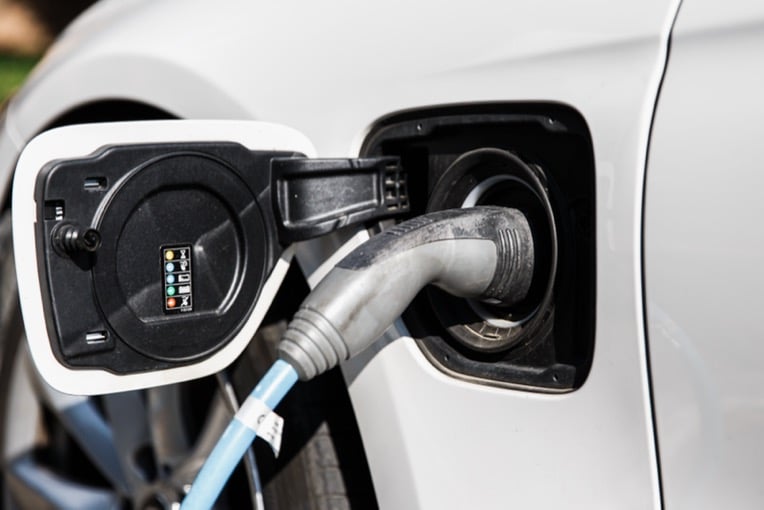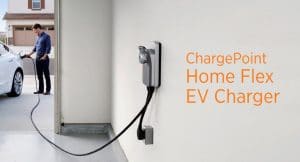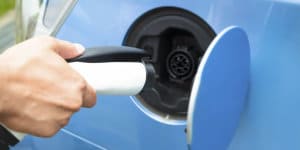
6 Things You Need to Know Before You Buy an Electric Vehicle
It is truly exciting that electric vehicles are becoming more and more common and easier to buy for more people. Nevertheless, they are a lot different from what you’re used to if you’ve always driven a car with a classic combustion engine before. If you’re planning to purchase an electric car soon, keep in mind that you’ll need to prepare beforehand, such as having an electric vehicle charger installed at your home. Here’s what you need to know to prepare:
1. Real World EV Battery Range and Advertised Battery Range are Different
The advertised driving range for an electric vehicle battery is usually farther than what you can actually drive on one charge. Talk to current owners of the vehicle you’re looking into buying to see what mileage they’re actually getting as opposed to the EPA estimates.
2. High-Powered Public Chargers Wear Out the Battery Faster
It’s OK to stop at a high-powered public EV charger from time to time when you need to, but don’t get into the habit of doing it very often as it will wear out the battery faster. The best charging option for most electric vehicles is using the one installed at your home on a 120 V or 240 V outlet. This enables longer EV battery life.
3. Evaluate Your Driving Habits to Understand Your Charging Needs
Before you purchase an electric car, keep track of your daily driving averages so that you know how many miles, how fast, etc. you go on a regular basis. In most cases, a 120 V outlet charger is great for daily charging. On the other hand, if you drive between 30-40 miles daily, you may want to opt for the 240 V charger instead. It can take nearly 36 hours to re-charge a totally drained electric vehicle battery.
Real Customers & Real Reviews
4. Know Where the Public Charging Stations are on Your Route
Again, for most people, a daily charge in the garage is enough, but if you’re planning to drive somewhere different or for a longer stretch, know where those public charging stations are. Especially during busy drive times, these can fill up fast and lead to long wait times.
5. Get the Best Battery
Although it will cost more, you’ll want to get the battery with the longest lifespan. Not only will you run into fewer charging emergencies, but you will get a higher resale value when it’s time to sell the car.
6. Beware of the Hidden Costs of Electric Vehicles
Yes, you will save on gas and help the environment, but there are other expenses to understand. Insurance costs for EVs can be higher, as can the sales taxes (some states make up for the loss of gas taxes this way). Tires can wear out faster, and you’ll also be increasing your home electricity draw while charging at home. So, make sure to run the numbers on these things before you buy, and be prepared.
If you have any questions about getting the most out of your electric vehicle or our EV charging station installation services in Northern Virginia, contact us today: (703) 494-3989.REQUEST A FREE QUOTE
Satisfaction / Safety First Since 1986




